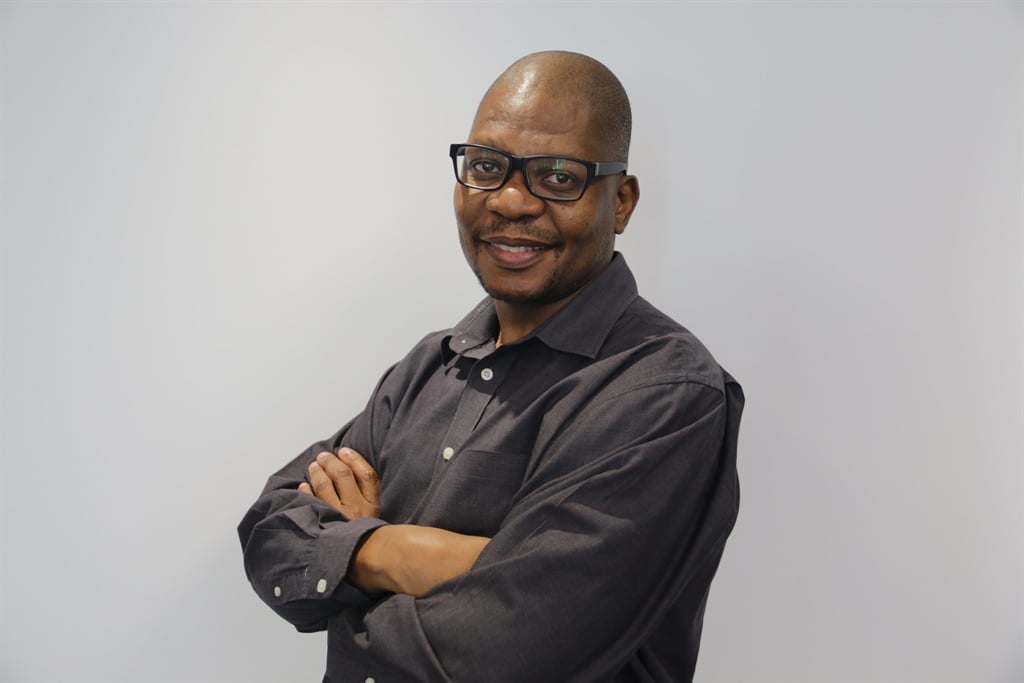
They say it’s not good to speak ill of the dead. But it’s also improper not to tell the truth about them.
So, here goes. The late Zach de Beer was one of the most dour, colourless and sterile politicians this country has ever produced. How he got to have a stellar political career that saw him eventually lead the Democratic Party (DP) (the DA’s predecessor) is a great mystery.
Perhaps it spoke to his toughness and his inflexible commitment to his principles.
Having worked his way through student activism and liberal politics to being leader of the parliamentary opposition, De Beer’s career ended with a whimper. His party performed dismally in the 1994 elections, getting seven seats from its 1.7% vote tally.
This was two less than Constand Viljoen’s right-wing Freedom Front (FF).
After the routing, De Beer stepped down as leader, paving the way for a younger Tony Leon to take over. Leon sought to transform the tepid DP, preaching what he called “muscular liberalism”.
Where De Beer was gentlemanly to the point of meek, Leon went in the opposite direction. His party punched hard and positioned itself as the “real opposition”. It was louder than the National Party, which, with 82 seats, was still unable to overshadow the minnow.
The DP of the first five years of democracy alienated many as it took against employment equity and BEE, and sternly opposed new labour legislation. With these unpopular positions at a time when the ANC enjoyed lots of credibility as an agent of change, the DP appeared to be positioning itself as an opponent of the transformation project.
This brash resistance force that the DP had become began to attract lots of support from traditional National Party voters who were not sold on the supine Marthinus van Schalkwyk’s leadership.
More ominously, it also attracted right-wingers who felt that the FF+ was a spent force.
Suddenly, the liberal Leon was the hero of those who did not want the country to move forward. Also jumping on this bandwagon were coloured and Indian communities, who felt the DP would provide protection for minorities.
The apex of this was the “fight back” campaign of 1999, which was received by both the target market and the black majority as a call to resist change. It worked wonders among the intended targets. However, the DA is to this day still battling to shake off the negative connotations of that slogan as its opponents constantly remind the public about it.
The result of this was a surge in DP representation from seven to 38. The National Party got a hiding, falling from 82 to just 54 seats. The following year, Leon was able to bully the declining National Party into a merger, forming the DA.
More significantly, the fight back campaign saw Afrikaans voters desert the FF, which saw it lose six seats and remain with just three.
Fast forward to 2019, a time of manufactured siege and uncertainty.
With the governing ANC abandoning its nonracialism roots for racial essentialism and the EFF making no bones about what it thinks about pale people, right-wing extremists have found fertile ground for sowing fear and a sense of victimhood among whites.
Enter the FF+, the successor to the casualty of the DA’s 1999 fight back campaign. Wielding the slogan Slaan Terug (Hit Back), it gained traction it could only have dreamt of. From four MPs in 2014, it jumped to 10.
From previously being represented in just three provincial legislatures, it is now present in nine. This was the result of wounds inflicted on the DA, and many of those who feel like victims no longer see it as a home.
The FF+ had a very able ally in the openly racist AfriForum and associated organisations. These organisations have been stoking the fires of white resistance for a long time, and their fearmongering finally found electoral success this month.
Today, we may not see the FF+’s gains as seismic because the numbers are not that big. But, in time, we may look back at this particular aspect of the results as the beginning of something very regressive in our society.
Leon’s fight back campaign was a master stroke electorally, but its long-term effects were counter to what the South African project is about. The same applies to the FF+’s fanning and exploitation of citizens’ fears. FF+ leader Pieter Groenewald crowed about this in an interview last week.
“People are beginning to realise you are allowed to be white, a minority group, an Afrikaner without being labelled a racist,” he said.
In saying so, he was hailing the retreat of a sizeable segment of whites – mostly Afrikaans speaking – into a racial laager from where they will see themselves as being apart from their fellow citizens.
The unfortunate thing about democracy is that it throws up these kinds of outcomes and, as democrats, we have to respect this.
South Africans now have to confront the reality that there is a toxic nationalism on the rise on the right of our political spectrum. The upside is that it is contained within the confines of our constitutional dispensation.
It can still be excised democratically – if only those who lead our republic recognise and fight it with brains and not brawn.
| |||||||||||||
| |||||||||||||




 Publications
Publications
 Partners
Partners








